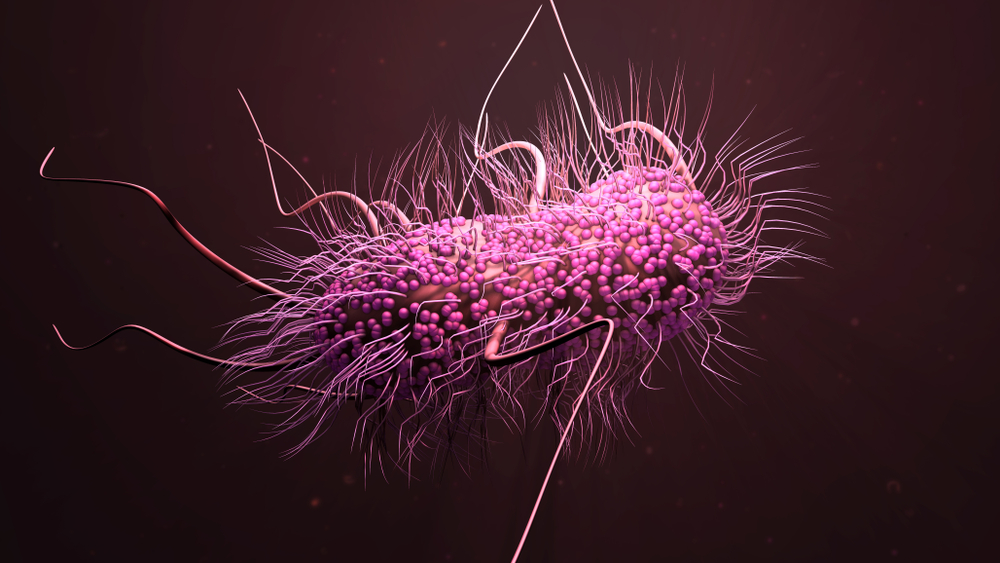Taking the threat of anti-microbial resistance seriously
Human, animal and planetary health are one and the same. We depend on the health of the planet and other species for our survival. As the COVID-19 pandemic continues to affect many parts of the world, we are seeing another emerging threat to human health: anti-microbial resistance. AMR occurs when bacteria, viruses, fungi and parasites change over time, no longer responding to pharmaceutical drugs used to treat illnesses in humans and animals. Overuse or misuse of anti-microbials, including antibiotics, tips the scales and can exacerbate the triple planetary crisis of climate change, nature and biodiversity loss, and pollution and waste.
A staggering 700,000 people die each year from resistant infections, and the financial consequences are also grave. AMR costs an estimated $1.5 billion per year in healthcare and productivity costs in the European Union alone. Strengthening the One Health approach, which recognises the interconnection between people, animals and nature, will be critical to treating our sick planet.
The good news is that we are starting to see progress. Important new collaborations such as the One Health High-Level Expert Panel and the Global Leaders Group on AMR seek to step up action. The G7 and G20 have both issued declarations backing the One Health approach. These initiatives will help improve science for coordinated interventions to ensure strong global stewardship of nature to prevent health risks.
On the accelerator
We are on the right track. But we need to accelerate action.
Ensuring strong financial support for actions on AMR will be critical. In 2020, only $220 million was committed to One Health activities in 13 countries – including India, China and some West African countries. Yet, to prevent future pandemics, we need to invest close to $3.4 billion per year.
This might seem like a lot, but compared to the estimated global economic cost of COVID-19 at $15.8 trillion – the billions invested now would pay off in the future. We need to channel financial recovery packages towards investments in One Health, unlock more private sector financing and build public-private partnerships.
The United Nations Environment Programme is working with member states to tackle these issues in an integrated manner. Our forthcoming report on the environmental dimensions of AMR, to be launched at the UN Environment Assembly 5.2 in 2022, will offer solutions for tackling AMR within an environmental framework.
It is time for us to act on the science and respond rapidly to AMR.
Let us not ignore the lessons of 2020 and make the same mistake again.
The choice is ours. ▪












